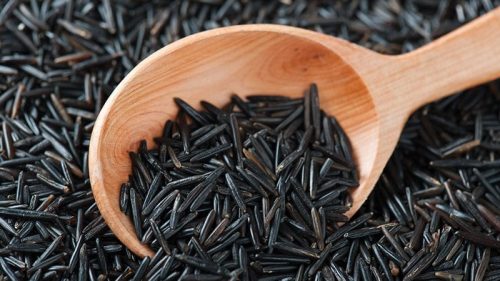News from AAFC’s Market Access Secretariat
On January 18, 2023, the USDA National Organic Program (NOP) announced the Strengthening Organic Enforcement (SOE) final rule. The rule calls for strengthening enforcement of organic standards, aims to better deter and detect fraud, improve traceability from farm to market, and reduce the types of uncertified entities that operate without USDA oversight, including importers, brokers and traders. This update to the USDA organic regulations strengthens oversight and enforcement of the production, handling, and sale of organic products. This final rule implements 2018 Farm Bill mandates, responds to industry requests for updates to the USDA organic regulations, and addresses National Organic Standards Board (NOSB) recommendations.
The Strengthening Organic Enforcement rule is the biggest update to the organic regulations since the original Act in 1990, providing a significant increase in oversight and enforcement authority to reinforce the trust of consumers, farmers, and those transitioning to organic production.
What does the rule do?
SOE protects organic integrity and bolsters farmer and consumer confidence in the USDA organic seal by supporting strong organic control systems, improving farm to market traceability, increasing import oversight authority, and providing robust enforcement of the organic regulations. Key updates include:
- Requiring certification of more of the businesses, like brokers and traders, at critical links in organic supply chains.
- Requiring NOP Import Certificates for all organic imports.
- Requiring organic identification on nonretail containers.
- Increasing authority for more rigorous on-site inspections of certified operations.
- Requiring uniform qualification and training standards for organic inspectors and certifying agent personnel.
- Requires standardized certificates of organic operation.
- Requires additional and more frequent reporting of data on certified operations.
- Creates authority for more robust recordkeeping, traceability practices, and fraud prevention procedures.
- Specify certification requirements for producer groups.
SOE complements and supports the many actions that USDA takes to protect the organic label, including the registration of the USDA organic seal trademark with the USPTO. The registered trademark provides authority to deter uncertified entities from falsely using the seal, which together with this new rule provides additional layers of protection to the USDA organic seal.
Who is affected?
The rule may affect USDA-accredited certifying agents; organic inspectors; certified organic operations; operations considering organic certification; businesses that import or trade organic products; and retailers that sell organic products. To see if you are affected by SOE, please read the full rule available at: https://www.federalregister.gov/public-inspection/2023-00702/national-organic-program-strengthening-organic-enforcement
When must organic operations comply with the rule?
Organic operations, certifying agents, and other organic stakeholders affected by the rule will have one year from the effective date of the rule to comply with the changes.
Learn more about the final rule: https://www.ams.usda.gov/organic/SOE
United States-Canada Organic Equivalence Arrangement (USCOEA)
On June 17, 2009, Canada and the United States (U.S.) entered into an arrangement recognizing our national organic systems as equivalent. The following Canadian organic products are covered under this arrangement and may bear the United States Department of Agriculture (USDA) organic seal in order to be sold in the U.S.:
- Live or unprocessed agricultural products and vegetative propagating material and seeds for cultivation;
- Processed agricultural products for use as food; and
- Feed.
These products may, in addition, use the Canada organic logo.
Canadian organic products exported to the U.S. under the USCOEA must be accompanied by a valid organic certificate issued by a Canadian Food Inspection Agency (CFIA) accredited certification body that includes the following attestation statement, “Certified in accordance with the terms of the U.S.-Canada Organic Equivalency Arrangement”. Note: Any animal or edible product derived from any animal treated with antibiotics is prohibited from being sold, labelled or represented as organic in the U.S. market.
The CFIA will continue to provide guidance and information to Canadian Industry as information on the rule’s implementation becomes available.





